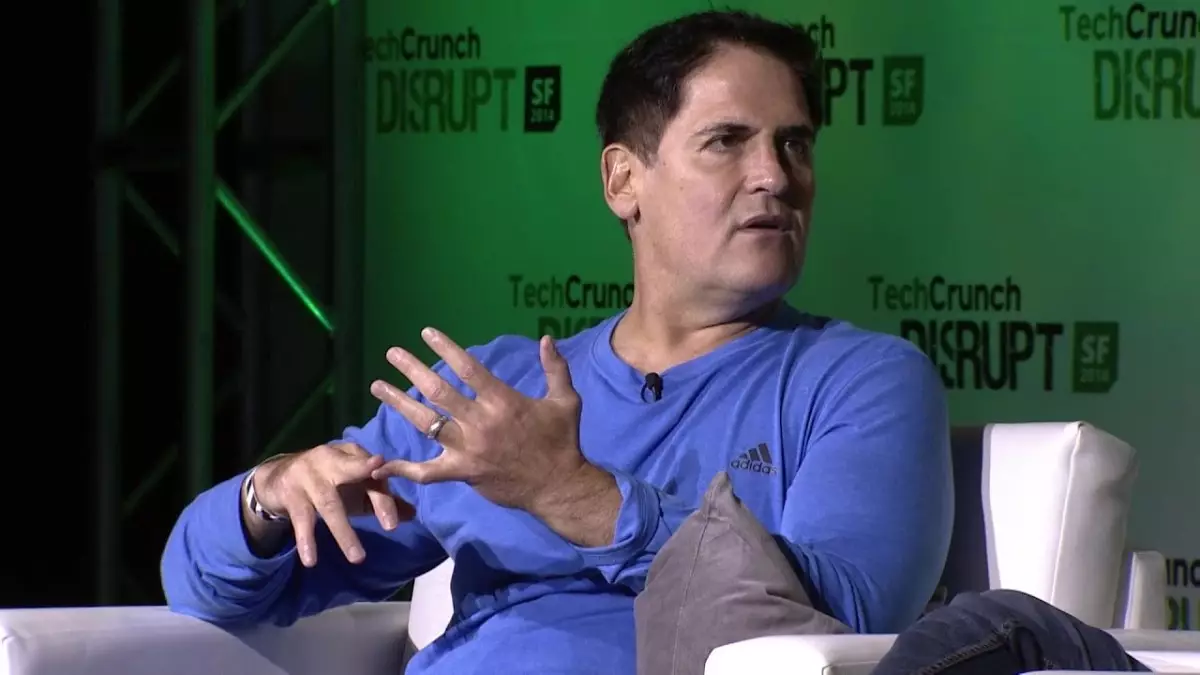The digital landscape is undergoing rapid transformation, with entrepreneurs like Mark Cuban stepping into the fray amidst mounting concerns over platform monopolies and data privacy. Cuban recently revealed his intention to fund a TikTok alternative built on Bluesky’s AT Protocol, a development that could reshape the way content is created and consumed online. As anticipation grows over a potential TikTok ban in the U.S., users are actively seeking out alternatives, which presents both challenges and opportunities for innovators and investors alike.
At the heart of this initiative is the AT Protocol, designed specifically for decentralized social media applications. Unlike traditional social platforms that place control in the hands of a single entity, the AT Protocol fosters an open environment where developers can establish their own networking servers and applications. This framework addresses perceived limitations of its predecessor, ActivityPub, which underpins popular networks like Mastodon. The advent of the AT Protocol signifies a shift toward a more inclusive and user-centered internet, where individual agency is prioritized over corporate monopolies.
As users flee established platforms in search of alternatives, demand for open social media solutions is at an all-time high. This burgeoning interest is exemplified by Bluesky’s impressive user growth; the platform surged from over 10 million users in September to more than 27.6 million post-U.S. presidential elections. This indicates a significant shift in user behavior, with individuals increasingly willing to explore new digital spaces that offer greater autonomy and transparency.
The unveiling of new apps built on the AT Protocol, such as Flashes—which focuses on image sharing over text—highlights the innovative potential of this decentralized ecosystem. Cuban’s endorsement of this technology aligns with broader consumer interests in platforms that facilitate creativity and community engagement without stifling access or ownership.
In a recent TikTok video, Cuban reached out to developers, inviting them to create a TikTok substitute utilizing the AT Protocol. He encouraged innovators to present their ideas and emphasized the importance of a minimum viable product (MVP) to demonstrate the concept’s viability. By actively seeking collaborations, Cuban acknowledges that the true potential of the AT Protocol can only be realized through collective effort and shared vision among entrepreneurs.
Notably, Cuban underscored the advantages of building on the AT Protocol’s extensibility. This characteristic allows users greater flexibility in switching servers without losing their accumulated content and followers, a crucial factor for those who have come to rely on social media for personal and professional connection.
Cuban’s interest extends beyond simply creating another social platform; it reflects a deeper desire to cultivate competition against major players like Elon Musk’s X (formerly Twitter). His critiques of X’s management strategies and moderation policies reveal a growing dissatisfaction with the status quo in social media governance. By investing in decentralized solutions, Cuban aims to challenge the dominance of established corporations that have often faced scrutiny for their handling of user data and information integrity.
This rivalry is more than personal; it signifies a broader movement toward a more diverse and competitive ecosystem, empowering users and developers alike to reclaim ownership of their digital experiences.
As Mark Cuban ramps up efforts to fund a TikTok alternative through the innovative AT Protocol, the implications for the future of social media are significant. This burgeoning decentralized approach not only addresses user demand for alternatives but also paves the way for a more equitable and diverse digital landscape. As the U.S. grapples with potential bans and regulatory scrutiny, the emphasis on open protocols and competitive frameworks heralds a new chapter in social networking, one that prioritizes user agency and fosters innovation. The future of social media could very well depend on the actions taken today by visionaries like Cuban, providing a beacon of hope in the complex web of digital communication.

